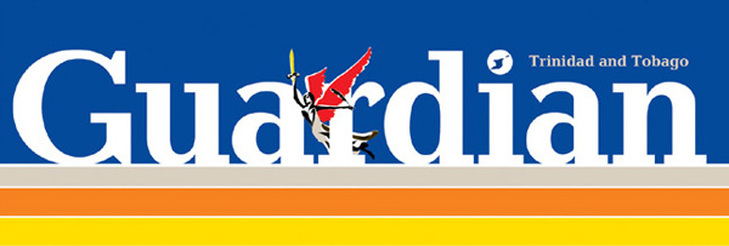The recently released Social Progress Index (SPI) is the brainchild of Republican and Harvard Economist Michael E. Porter and MIT’s Scott Stern. Its neoliberal credentials and worldview are clear in the glossy blurb put out by their Washington-DC based parent organisation, the Social Progress Imperative, and in their financial supporters, which include well-known institutions of neoliberal faith like the Rockefeller Foundation.
So what does the SPI do? In simple terms it measures and ranks 132 of the world’s nations into a hierarchy around the ill-defined notion of “Social Progress” (T&T comes in at number 47).
In order to quantify social progress the index measured 54 variables in three dimensions each with various sub-components and indicators. These are 1) Basic Human Needs; 2) Foundations of Wellbeing; and 3) Opportunity. T&T’s rank across each of these three dimensions was 64th, 53rd and 31st respectively.
Such indices provide Governments with ways to compare themselves to other countries. It allows them to measure the success of various programs and supposedly provides them with tools to improve equity for their populations. The authors themselves claim Governments, the business community and economists will be able to analyse a country’s wellbeing independently of economic variables.
Much kudos has been lavished on the SPI by Western mainstream media. Yet a voice of caution is needed from those nations not sat at the head table of global economic policy. Yes of course measurement and progress are important. Not to mention that GDP alone as a measure is a pretty unsophisticated way to determine the health of a nation.
Yet while we might agree that economic growth alone is insufficient to guide a country’s equitable development there is a hidden power at work in the SPI determining common-sense around how to view the world.
Looking at the SPI league table from the Caribbean it’s clear the top 34 nations deemed to be the world’s most socially progressive are white majority nations. While the bottom 36 positions are all, excluding Iraq, majority black and brown nations.
So clearly one thing the index and its fancy measuring categories do is erase discussion on the “the positional difference” or structural racism between nations, and the structural inequalities set up by slavery, colonialism and imperialism.
This obscures the constitution of nations and important issues of justice-denied, such as exploitation, marginalisation, powerlessness, cultural imperialism and violence that oppressed some nations and underdeveloped their progress.
Or put another way. When you disconnect social progress from history, and design a methodology that ignores a nation’s historical and relative access to capital and wealth, it becomes possible to mamaguy politicians of the world and their citizens with false praise about their various scores across 54 social progress indices. At the same time this diminishes acknowledgment of the role racial oppression played/plays between nations at top and bottom of the table.
Which leaves the question, if white majority nations of the West who design ethno-centric metrics are allowed to erase structural legacies what about those metrics non-white nations outside the top 34 might want measured?
Where are the measurements about Small Island nations forced into economic disaster by the structural adjustment policies and economic hit men of the IMF, WTO and World Bank? Where are the measurements about the legacies of how much wealth, labour and resources were stolen from ex-colonies? Where are the measurements about insecurity and oppressive surveillance due to the US War on Terror? Where are the measurements about bankers and banks prosecuted for the 2008 Global Financial Crisis?
The hidden power in all of this is suggestive. We glimpse how top-down power functions and shapes how we view the world. The SPI downplays wealth when most accept access to wealth determined and determines, in large part, both individual and national levels of social progress.
Hidden power sets the agenda of what is sayable, what is on the table and open for discussion. In this sense, there must be a caution the SPI is a Trojan horse inside 21st century common sense carrying the implicit assumption that economic, and specifically structural inequalities should no longer be the main focus of Government concern. And new composite indices of social progress as defined by the powerful Western nations are considered most useful for Governments of the world.
Behind a smokescreen of measurement and mamagism the historic and structural inequalities of race and class oppression are made to vanish never to be spoken of seriously again. In who’s interest is that?
http://www.guardian.co.tt/columnist/2014-04-13/social-mamagism-index

 RSS Feed
RSS Feed